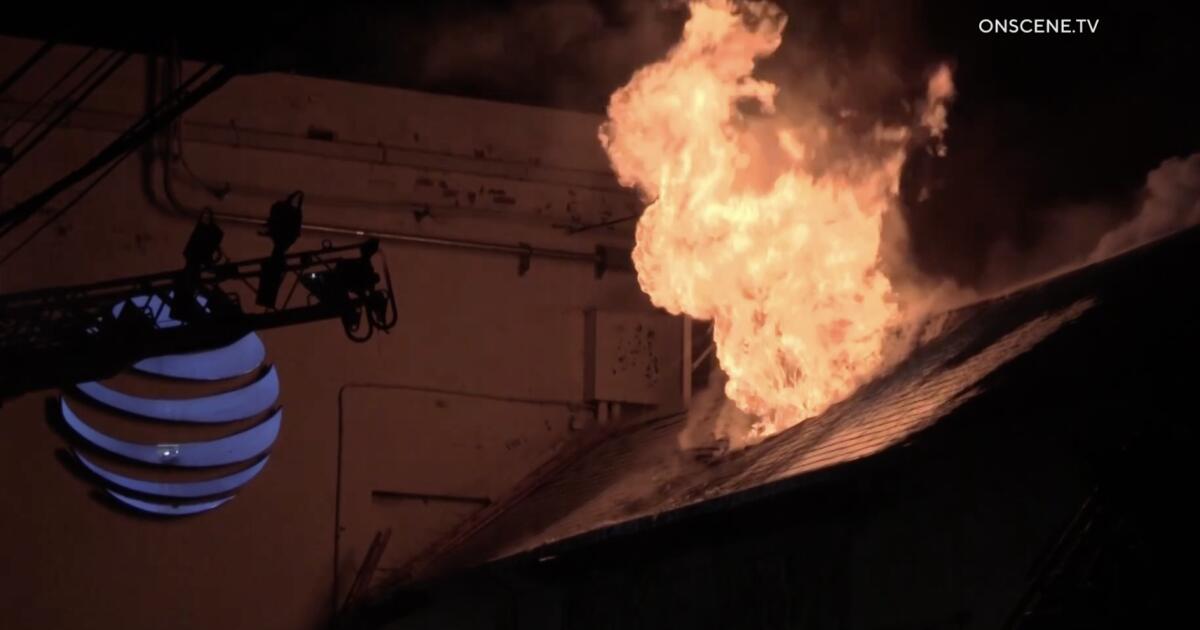By Vikram Kilpady
Maharashtra Deputy Chief Minister Eknath Shinde doesn’t want enemies—his personal supporters appear greater than able to doing the harm. A pointed but oblique jab at Shinde by slapstick comedian Kunal Kamra was blown out of proportion, triggering a free speech firestorm. The comic’s remarks led to an FIR in opposition to him and vandalism at The Habitat Centre in Mumbai, a venue the place he typically carried out. Irony, it appears, was left gasping for breath.
As a substitute of letting satire slide, Shinde’s supporters ensured the highlight stayed firmly on him, reviving recollections of his dramatic 2022 exit from the Shiv Sena with 40 MLAs in tow. Kamra, unfazed, took to Instagram to make clear that neither his venue nor any political social gathering had management over what he mentioned. In traditional Kamra style, he added, “Attacking a venue for a comic’s phrases is as mindless as overturning a lorry carrying tomatoes since you didn’t just like the butter hen you had been served.” Fortunately, his culinary analogy didn’t spark additional outrage—but.
Refusing to apologize, Kamra insisted that freedom of speech wasn’t reserved for praising the highly effective. “Your lack of ability to take a joke on the expense of a public determine doesn’t change my proper to make it,” he mentioned, likening India’s political system to a circus.
Doubling down, Kamra launched a recorded cellphone name with a Shiv Sena supporter spewing expletives, demanding to know what he had mentioned in opposition to Shinde. When Kamra coolly corrected him—“He’s Deputy CM now”—the enraged caller demanded his location. Kamra’s deadpan response: “Come to Tamil Nadu.” Cue a flurry of censored bleeps.
For individuals who bear in mind, Tamils had been as soon as a main goal of the Shiv Sena, again when the social gathering, based by a cartoonist (Bal Thackeray), was a small nativist outfit railing in opposition to South Indians taking jobs in Mumbai. The targets have modified over time—from Tamils and Malayalis to Muslims—because the nation’s political local weather shifted rightward.
Kamra’s point out of Tamil Nadu appeared an oblique nod to the DMK, led by Chief Minister MK Stalin, which has positioned itself on the forefront of anti-BJP resistance, particularly in opposition to the centre’s push for Hindi in colleges. Nevertheless, even in Tamil Nadu, free speech is not any protected wager.
The DMK authorities has cracked down on critics like YouTube commentator Savukku Shankar for concentrating on the ruling social gathering and its first household. Kamra, probably seeing Tamil Nadu as a free-speech haven, discovered himself inadvertently dragging the state’s police into the controversy.
In the meantime, Tamil media home Vikatan had its web site blocked in February after its journal Vikatan Plus ran a canopy cartoon of Prime Minister Narendra Modi—handcuffed and shackled, seated beside Donald Trump—to focus on the deportation of Indian immigrants from the US. After a criticism from Tamil Nadu BJP chief Annamalai, the Info & Broadcasting Ministry took motion. On March 6, the Madras Excessive Court docket intervened, ordering the location’s restoration, apart from the cartoon.
This isn’t the primary time free speech has been placed on trial. In February, YouTuber Ranveer Allahbadia (aka Beer Biceps) made an obscene meta-joke that went viral amongst Gen Z incels, drawing the Supreme Court docket’s ire over its obscenity. The host of the present, India’s Received Latent, is now answering to each the Nationwide Fee for Girls and Maharashtra’s cyber police.
Earlier than Kamra, it was comic Munawar Faruqui who bore the brunt of state-sponsored intolerance. His stand-up exhibits, crucial of the BJP, had been repeatedly shut down.
In an ironic twist, Faruqui later appeared on Lock Upp, a actuality present hosted by BJP MP Kangana Ranaut, seemingly as penance. His life has since returned to regular—not like the folks of Manipur.
India’s Structure, below Article 19(1)(a), ensures freedom of speech and expression, however Article 19(2) locations “cheap restrictions” within the curiosity of sovereignty, public order, morality, and extra. Not like absolutely the First Modification protections within the US, Indian free speech legal guidelines supply ample room for state interference.
A recurring theme in these censorship sagas is the uneven utility of concern. Kamra and his fellow comedians have taken as many digs on the Congress as on the BJP, however they solely appear to face backlash when concentrating on right-wing figures. Even the much-criticized Part 66A of the IT Act—used below UPA rule to jail cartoonists—was in the end struck down by the Supreme Court docket within the Shreya Singhal case.
Whether or not it’s the state or its self-appointed enforcers, censorship is alive and nicely in India. Kamra, Vikatan, and others have discovered the exhausting approach that satire is just tolerated when it spares the ruling class. Nostalgists who recall Nehru laughing off Shankar’s cartoons ought to abandon such hopes—as we speak’s political panorama is outlined by hypersensitivity, the place perceived insults weigh heavier than jokes mentioned in jest.

















